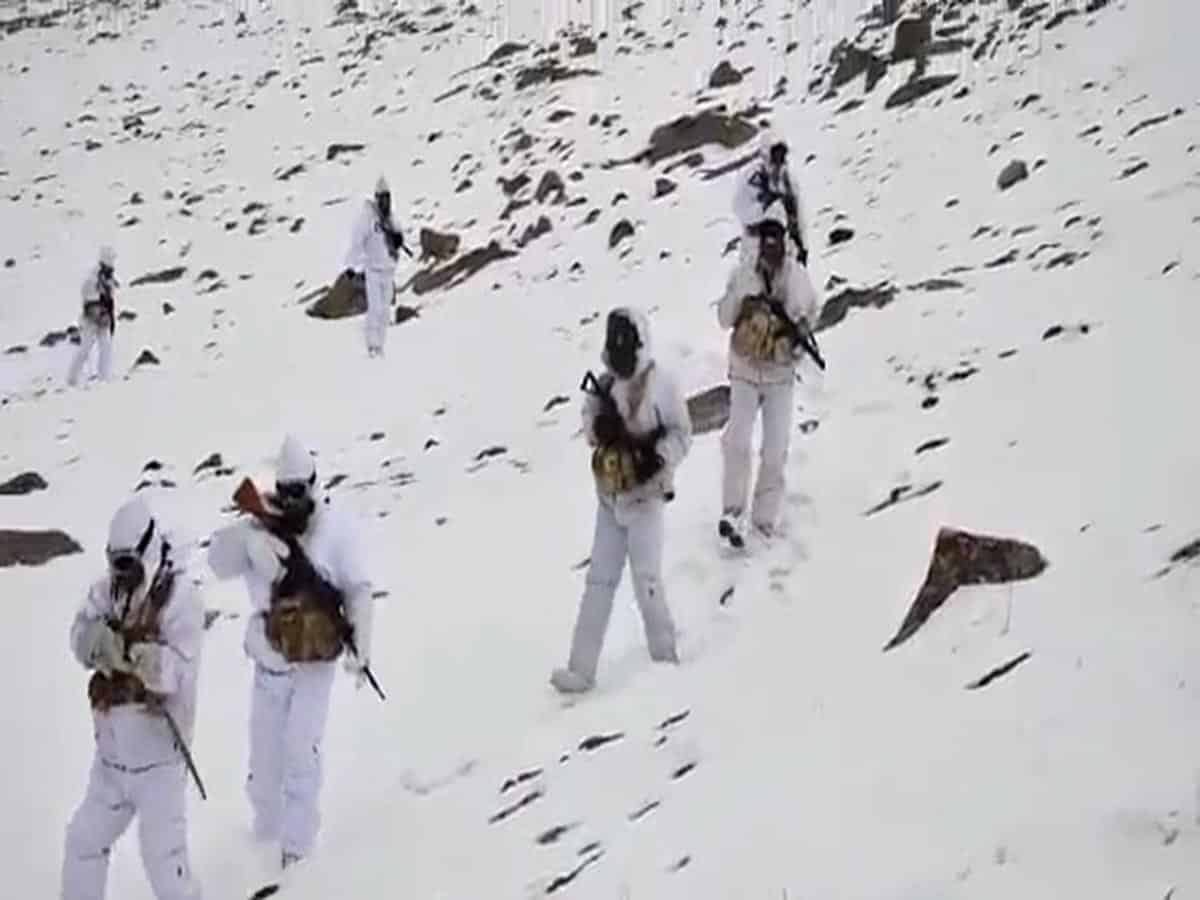
The Centre has promised to discuss the issues of preservation of unique culture and land and job rights of the people of Ladakh, which became a Union Territory in 2019, after it was separated from the erstwhile state of Jammu and Kashmir, in a move that should help the people in the cold desert region to have some guarantees on the issues that they had been agitating for long.
Ministry of Home Affairs has constituted a high-powered committee under the chairmanship of the union minister of state for home Nityananad Rai to deliberate on the issues to draw a roadmap for the past development of the region, and more importantly how to address land and job, environmental and cultural concerns. This high-powered panel will deliberate on four major issues with the Apex Body Leh, and Kargil Democratic Alliance in the days to come, no time frame has been fixed for the start and the conclusion of the deliberations though. This promise was held out at the conclusion of the meeting between MoS Home and leaders of ABL and KDA in New Delhi on Monday .
The issues that have been listed for discussion are: ( a) Measures to protect the Ladakh region’s unique culture and language taking into consideration its geographical location and its strategic importance, (b) to ensure protection of land and employment, ( c ) measures for inclusive development and employment generation in the region,( d) measures related to empowerment of Ladakh Autonomous Hill Development Councils ( LAHDCs) of Leh and Kargil, and the constitutional guarantee for all these issues.
This is a significant movement forward, as the issues for discussions have been identified for the first time with a promise to provide constitutional guarantees so that these become irreversible . This also will help erase the misunderstandings that has cropped up with the absence of legislative assembly in Ladakh. At the time of the announcement of the Union Territory status for the whole of Ladakh region on August 5, 2019, when Article 370 was abrogated . The erstwhile state was divided into two UTs- J&K and Ladakh. While J&K got the Legislative Assembly , it was made clear that no such body would be available to the residents of Ladakh. They were told that they would have to live with the autonomous hill councils only .
In between the leaders of Ladakh region made a reality check and felt concerned over the fact that their political space has been curtailed. The issues of land and employment for natives, and the preservation of culture, heritage and linguistic supremacy, also struck them. They reflected on the contrasts of before and post grant of the UT status. Under Article 370 and Article 35 A , Ladakh residents had all the rights to land and jobs reserved for the locals , and outsiders could not buy land. In fact, Ladakhis were apprehensive of Kashmiris coming over to their place and doing business. They were afraid of the Kashmir-centric government and political parties dominating them.
After the initial euphoria of getting the UT, Ladakhi leaders raised the demand for statehood, constitutional guarantees to their land, jobs with the invocation of the sixth schedule of the Indian constitution, which provides for treating tribal areas as autonomous districts, with the powers to govern and preservation of culture and languages. However, this demand has not been met, but the alternative has been offered through discussions on other demands raised by the leaders of the region. Ladakh leaders see in the proposed talks, which will resume after the current parliament session is over, a good beginning. They know that they have to deal with the ongoing system in Delhi, especially after it has become more than clear that 2024 would bring back the Modi government. The recent electoral success of BJP in three Hindi heartland states has spread the impression that the BJP would return to power. Ladakhi leaders have read writing on the wall.

